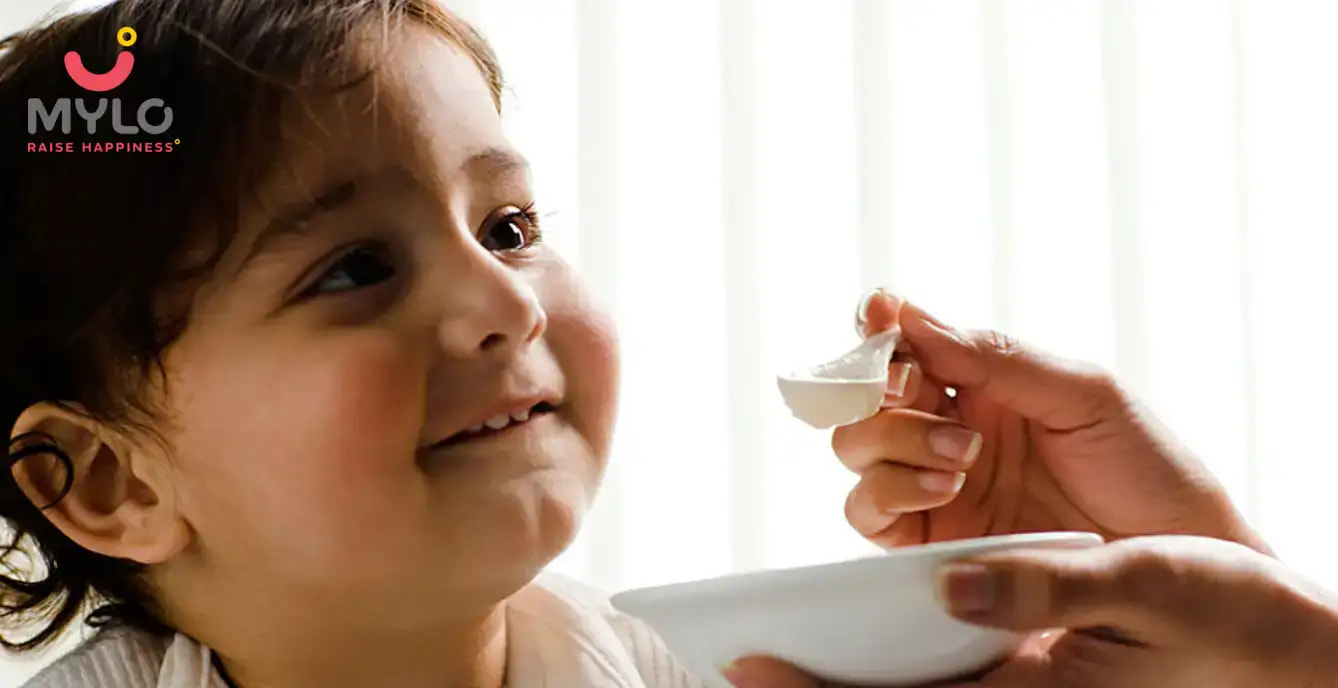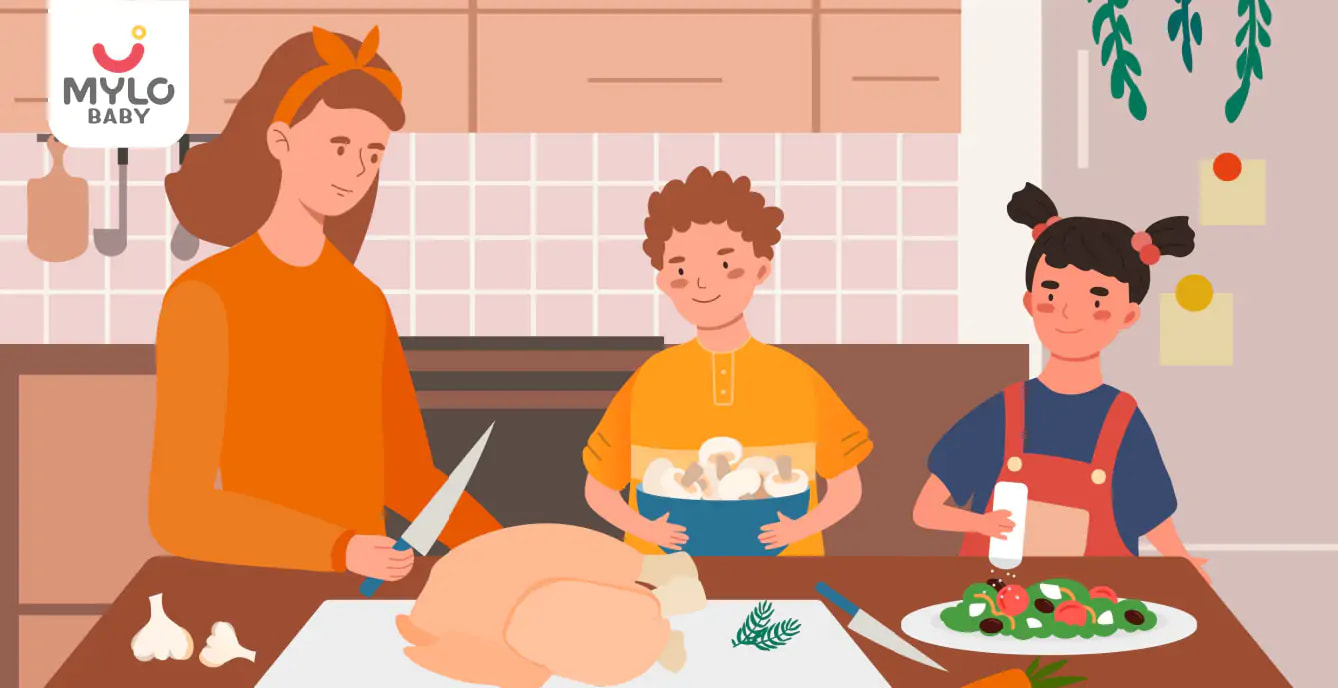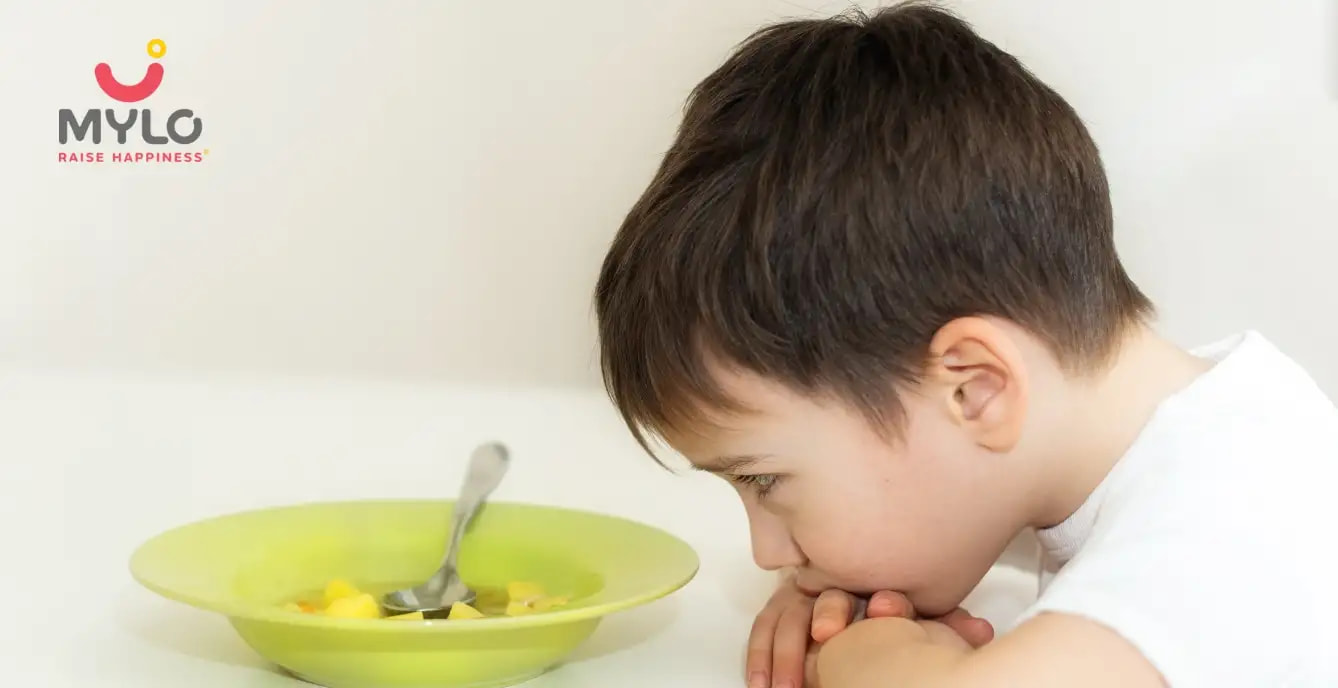Home

Health Tips

Teaching good eating habits to your kids
In this Article
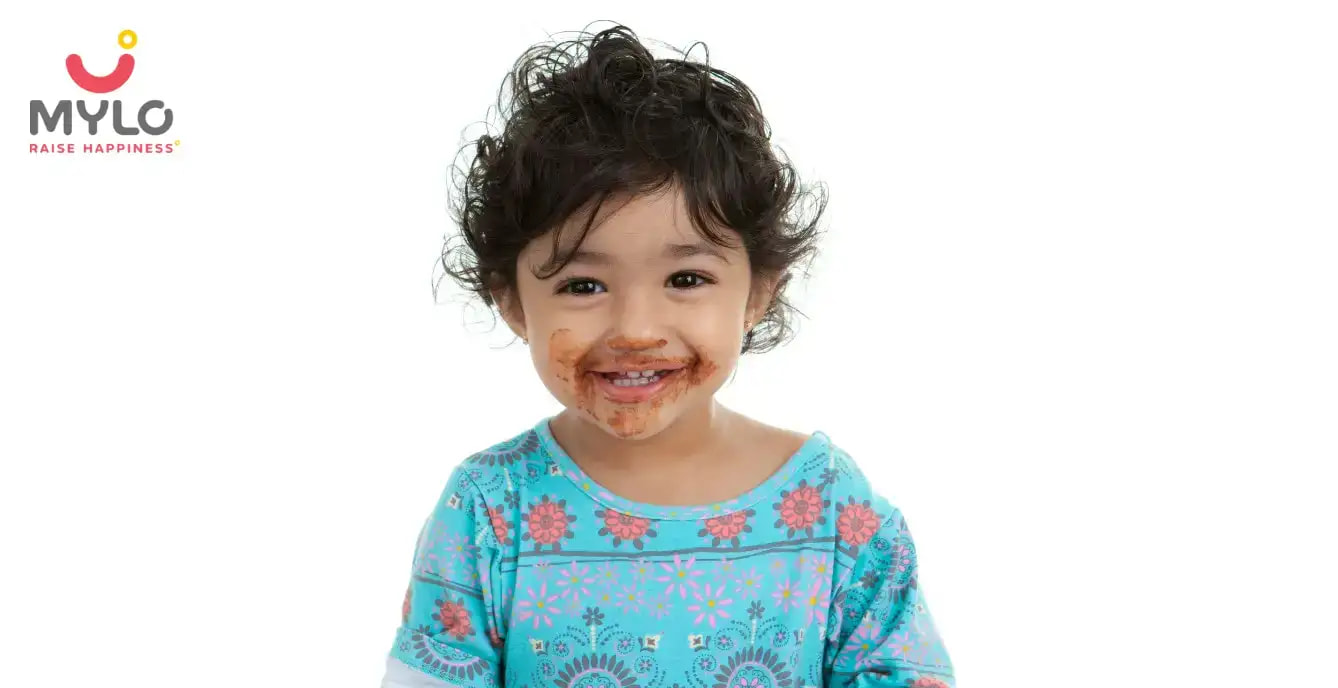
Health Tips
Teaching good eating habits to your kids
Updated on 17 March 2023
It can be distressing if your child's mealtimes are a source of concern for you and a source of stress for your child.
Teaching your child good eating habits is easiest if you start right from the beginning, as soon as you introduce your baby to solid foods. But if you feel that mealtimes are a struggle and that your baby is not eating as much or as well as he should be, it isn't too late to change his eating habits.
Forcing food on your toddler is likely to make matters worse and create poor eating habits. It may turn mealtimes into a negative experience full of power struggles. And your toddler is likely to become more resistant to eating and less open to trying new foods in the future.
To begin with, have a chat with your family members and anyone else who cares and feeds your toddler. Accept the fact that everyone wants the best for your child. Then, try to identify problem areas and look for solutions together. Discussing this with all those who care for or feed your baby will ensure that you are all on the same page and stay consistent in your instructions to your child.
What is upsetting about the way your toddler eats, is it that:
- He doesn't eat enough? No child will let themselves go hungry. So look into your child's day to see if there is anything that is affecting his appetite. If your toddler keeps snacking through the day, he won't eat a proper meal. Instead of compensating for poor meals with snacks, try a few days of no snacks and see if that makes your child eat better during meal times. As a rule of thumb, your toddler should have three main meals, and no more than two snacks a day. Leave a gap of four hours between meals so that he has time to digest the previous meal and work up an appetite.
Sometimes, toddlers temporarily lose their appetite with an illness or just after one, or when the weather gets hot.This will pass on its own. If it is the heat that is troubling your child, offer cooling and nutritious drinks or cold meals. These might go down better.
- He is fussy about what he eats? Toddlers do tend to be fussy. Forcing foods he doesn't like on him will not make him a better eater though. But nor will giving him only what you know he likes to eat. When you introduce a new food or something he doesn't like, always give it with something you know will go down easily. Ask him to have one spoonful of the food he doesn't like. And then continue to give him little of that food but often. It can take up to 20 times of giving a new food to a child till he starts developing a taste for it. So try again with the disliked dish after a gap of a few days and keep persisting.
- He starts off eating well but then stops after a few bites? If he eats well to begin with and then stops after a while, this is an indication that he has had enough. If allowed to do so, your toddler will take in just enough calories for his own needs. So you should accept that he has had enough if he tells you so or shows signs of being full. A toddler cannot be made to finish his plate. You can adjust how much you serve on his plate when you are more familiar with his quantities. But it is important to listen to your baby's cues of being full. Children who are not allowed to decide when they're full are at a greater risk for developing eating disorders or becoming obese later in life. As a rule of thumb, serve your toddler a portion of food the size of his fist.
- He is too distracted during meals to eat well? Make sure that mealtimes are about eating and just that. If your child has a toy at the table or runs around the house playing while someone follows him around with food, he will never develop good eating habits. While distractions may help to get a spoon of food in his mouth, he might be too distracted to chew well and swallow resulting in very long mealtimes. Try to keep mealtimes within half an hour.
If your baby is distracted, he will also not pick up on signs that he has had enough. Your child needs to learn to sit for meals. If he is too excited about exploring and moving around to sit for long enough, let him go after a few bites. Put the food away and offer it to him again when he is really hungry. Make sure he sits to eat though. Eventually, your child will learn that he only gets food at the table and it is worth his while filling up his tummy in one go.
Praise your toddler when he eats well. Eating well doesn't necessarily mean finishing his plate. It means that he sits well for long enough to fill his tummy and show signs of being full. Toddlers respond positively to praise. You can even offer a prize of something he likes if he eats well. Do not offer toffees or other sweets as a prize. This will encourage a sweet tooth and get your child used to eating too many sweets. Instead you can offer healthy options like fruit, or deserts like kheer, mishti doi or fruit yoghurt.
A very important part of teaching your child good eating habits is showing the right example. If you are conscious about healthy foods and less healthy options, your child will learn from you. So as much as in the food you cook to the desserts and snacks that you have at home, showing your child that what you eat matters and that not all food is good for you.
Keep in mind that your child's appetite will vary, depending on things like his activity level and whether he's having a growth spurt. And know that you will experience bad days, when your toddler refuses foods he usually likes.
Don't worry too much about a single meal or day. Rather see how your toddler eats over a week. Often, toddlers will compensate for a day of poor eating with a day of eating more.
One way of knowing whether your child is eating and progressing well is to see if he is growing according to his percentile of height and weight. Do not try to increase his percentile, just aim to keep him along the curve over a period of time.
Check in with your doctor if you're concerned about your toddler's appetite or if you feel that he is losing weight. He'll probably check your child's weight and height and usually reassure you that there is no problem, or give you advice if he does suspect something is wrong. If your toddler is losing weight or not putting on weight over time, he could have worms.



Written by
Priyanka Verma
Priyanka is an experienced editor & content writer with great attention to detail. Mother to an 11-year-old, she's a ski
Read MoreGet baby's diet chart, and growth tips

Related Articles
RECENTLY PUBLISHED ARTICLES
our most recent articles

Books
How to Introduce Books to Your Child?

Social Development
This is how you can talk to your child about strangers

Diet & Nutrition
A healthy meal plan for your 2-year-old

Pregnancy Journey
Music In Pregnancy: How Does Music Affect Your Baby’s Brain
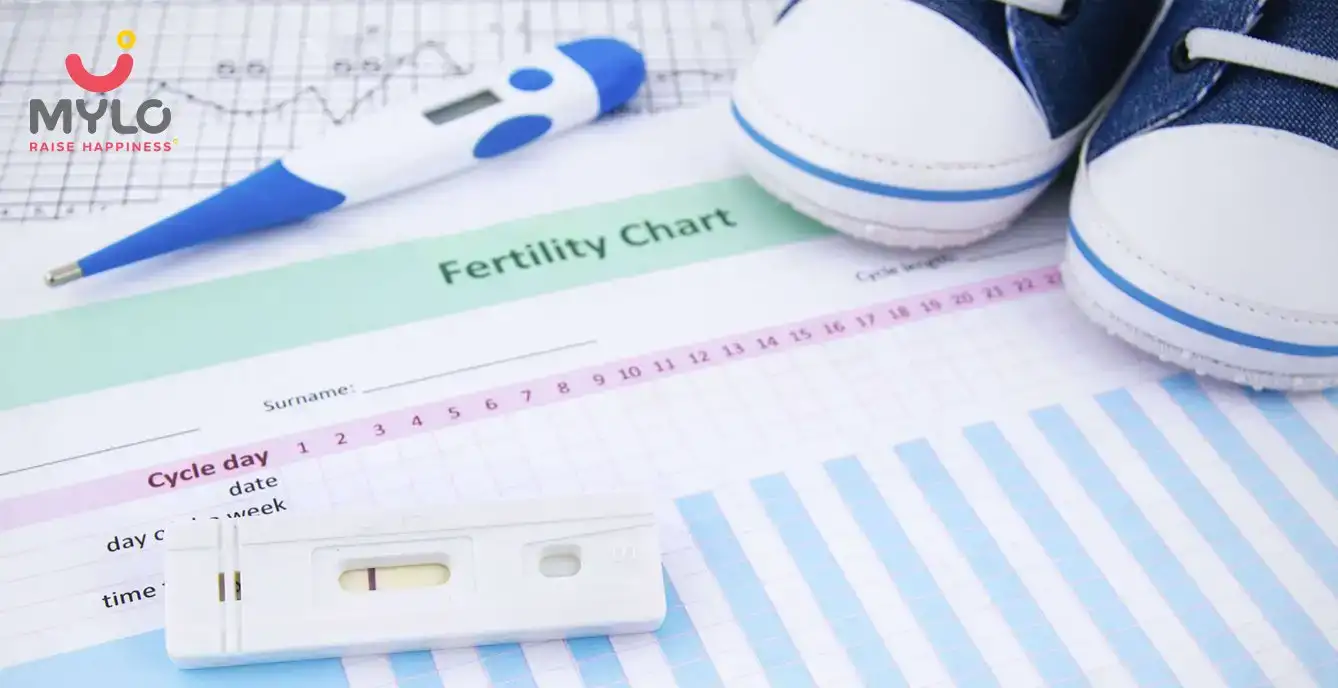
Basal Body Temperature
What is the importance of measuring basal body temperature during conception?
Potty Training
Signs That Children Are Ready for Potty Training
- Physical Development In Early Childhood
- What Is Social Development in Early Childhood?
- How to overcome anxiety and prepare your baby for preschool? 7 unique tips for handling the initial days of preschool.
- Obstetric-Cholestasis: Causes, Symptoms & Treatment
- Adjusting kids to a school can be challenging. Here are 7 tips to help your child adjust to school.
- Crying During Pregnancy Causes, Effects & Treatment
- Infant Choking: Prevention & Causes
- Indian Food Chart for Your 7-Month-Old Baby – Week 2
- 6-Month-Old Baby Food Chart/Meal Plan - Week 4
- Ways in Which You Can Avoid Gassiness During the Pregnancy Period.
- Extinguishing pregnancy heartburn in the most effective way!
- Heartburn during pregnancy is common... but the night-time heartburn is a pain. Here's how to control it
- Potatoes During Pregnancy: Benefits & Risks
- What is the common cause of food aversions during the pregnancy period and ways to manage it?


AWARDS AND RECOGNITION

Mylo wins Forbes D2C Disruptor award

Mylo wins The Economic Times Promising Brands 2022
AS SEEN IN

- Mylo Care: Effective and science-backed personal care and wellness solutions for a joyful you.
- Mylo Baby: Science-backed, gentle and effective personal care & hygiene range for your little one.
- Mylo Community: Trusted and empathetic community of 10mn+ parents and experts.
Product Categories
baby carrier | baby soap | baby wipes | stretch marks cream | baby cream | baby shampoo | baby massage oil | baby hair oil | stretch marks oil | baby body wash | baby powder | baby lotion | diaper rash cream | newborn diapers | teether | baby kajal | baby diapers | cloth diapers |



